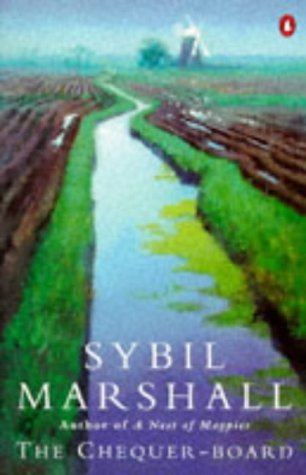What do you think?
Rate this book


Paperback
First published March 28, 1996
Her object in life was to turn her boys into men according to the public-school, far-flung-empire-maker model that then prevailed in top circles. She could not afford, however hard she scraped and saved, to send them to public schools, so they attended private establishments that aped the great ones, and she supplemented their education herself, especially where physical courage and 'manliness' were concerned. She positively encouraged them to use their fists, on each other, on their peers who needed teaching a lesson, and on any 'cads' whom they found contravening the code of gentlemanly conduct she had instilled into them. This code's first clause was that women existed mainly to give men something to protect.Such scathing satire on chivalry! Yet the same author looks back with nostalgia on a bygone era's social norms in "Long Journey", where a retired nonagenarian engine-driver looks after the crippled female narrator on a train journey like a true gentleman, as he reminisces on the vanished glory of the railways. That the train is filled with chattering, insensitive backpackers adds to the poignancy of the vanished world of the protagonists. Incidentally, this is the only story told in the first person.